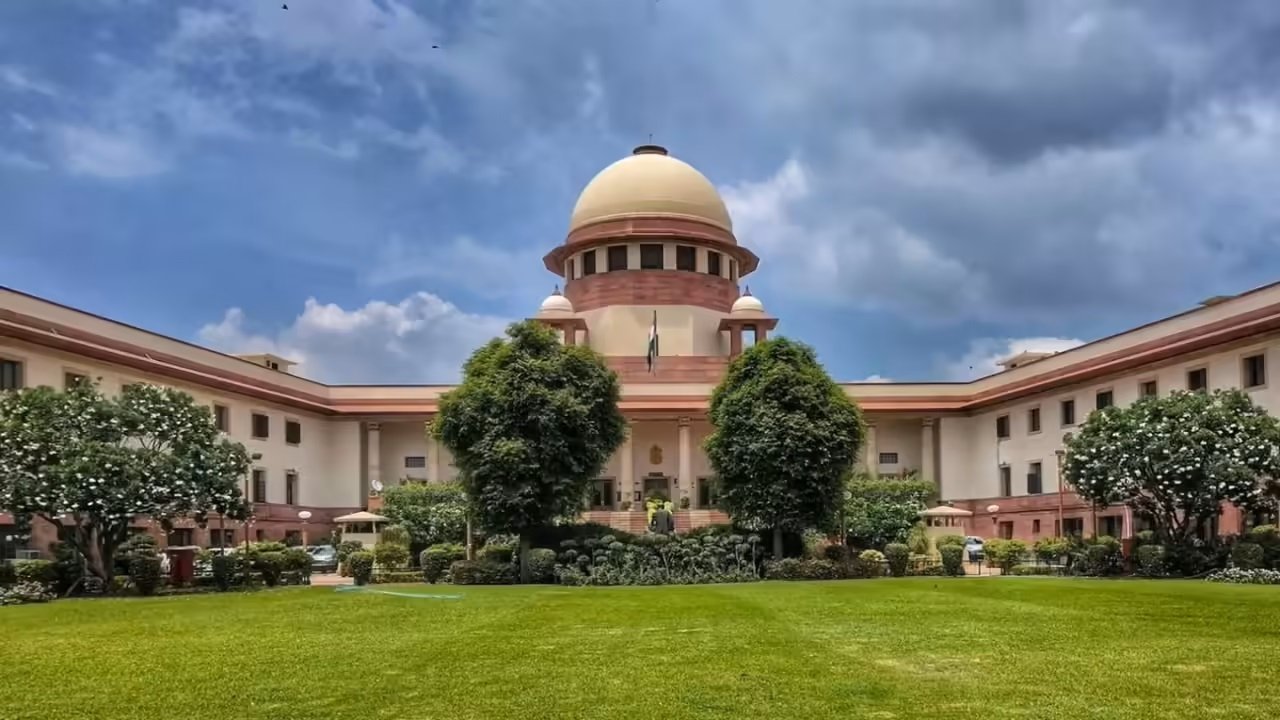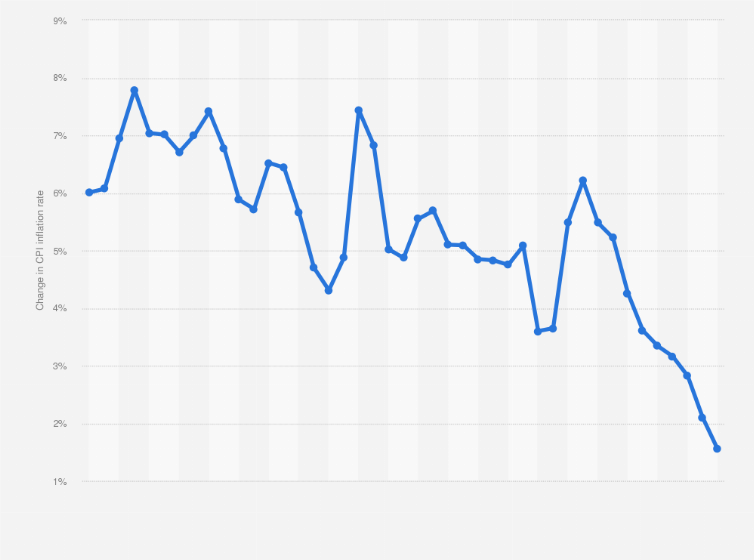Context
- The 16th Finance Commission (FC) has submitted its report to the President in November 2025.
- This has revived important questions regarding 73rd and 74th Constitutional Amendments, State Finance Commissions’ (SFCs) recommendations and Union Finance Commissions’ (UFCs) failure to bring major reforms, especially in performance-linked grants.
- These are critical issues to understand India’s decentralisation framework, local governance, and fiscal federalism.
What does the 73rd and 74th Constitutional Amendments Mandate?
- The 73rd Amendment (Panchayats) and 74th Amendment (Municipalities) were enacted to strengthen local self-government.
- Key mandates:
- Creation of Panchayats and Municipalities as constitutional bodies (3-tier system for rural; various categories of ULBs for urban).
- Regular elections every 5 years.
- State Finance Commissions (SFCs) every 5 years to recommend financial powers.
- District Planning Committees (DPCs) and Metropolitan Planning Committees (MPCs) for local planning.
- Devolution of functions:
- 11th Schedule → 29 subjects for Panchayats.
- 12th Schedule → 18 subjects for Municipalities.
(Important: These lists are illustrative, not mandatory.)
- States decide actual powers (revenue + functions), leading to wide variation across India.
- Core principle:
- Financial powers should match functional responsibilities.
But in practice, they rarely do, causing the persistent financial crisis in local bodies.
- Financial powers should match functional responsibilities.
What State Finance Commissions (SFCs) Have Recommended?
- Most SFCs have made similar recommendations but are rarely implemented.
- Common SFC recommendations:
- Assign a share of State revenues to Panchayats and Municipalities.
- Give revenue handles such as:
- Property tax
- Advertisement tax
- Market fees, tolls
- Local cesses
- Provide both unconditional and conditional grants-in-aid.
- Assign clear functional responsibilities corresponding to funds and functionaries.
- Strengthen local administration (staffing, capacity building).
- Ensure transparency and accountability through audits and social oversight.
- Ground reality:
- Most States ignore SFC reports.
- Local governments depend heavily on Union transfers because State transfers remain inadequate.
What Union Finance Commissions (UFCs) Have Done?
- Six UFCs have made recommendations for local bodies so far. Their record is mixed.
- 10th–12th FC:
- Provided lump-sum grants without assessing actual needs.
- Did not attempt to estimate real expenditure requirements of Panchayats and Municipalities.
- 13th Finance Commission:
- This was the boldest attempt to empower local bodies.
- 13th FC proposed that grants should be a percentage share of the Union tax divisible pool, not lump-sum.
- Benefits:
- Inflation-neutrality
- Local bodies share in growing Union tax revenues
- The 14th and 15th FC reversed this, returning to lump-sum grants.
Why did Performance-based grants fail in India?
- All UFCs introduced performance grants, but each one changed criteria without continuity.
- 13th FC imposed six performance conditions → almost no State could meet them.
- 14th FC discarded the 13th FC conditions → introduced entirely new ones.
- 15th FC again brought new and different conditions, unrelated to earlier FCs.
- This constant shifting of goalposts means:
- States do not get time to adjust.
- Reforms never take root.
- Local bodies do not develop sustained capacity.
- Instead of improving governance, performance grants become symbolic and ineffective.
Why Does This Problem Persist in Local Governance of India?
- No constitutional list of what functions or revenue powers must be assigned to local bodies.
- States give responsibilities but not funds or staff.
- FCs do not coordinate with SFCs → decisions remain disjointed.
- Local bodies remain implementers, not autonomous governments.
How the 16th FC Is Expected to Improve Things?
- Conduct a real assessment of the needs of 7 lakh Panchayats and ~5,000 Municipalities.
- Move away from ad hoc grants.
- Create predictable and consistent performance criteria.
- Strengthen the financial capacity of LGs to perform constitutionally assigned roles.
Implications for governance, federalism and service delivery
- Weak local finances hinder delivery of services like water supply, sanitation, health, roads.
- Over-dependence on Union funds reduces fiscal autonomy.
- Inconsistent FC policies weaken long-term reforms.
- A strong local government system is essential for grassroots democracy and bottom-up development.
Challenges & Way Forward
| Challenge | Way Forward (Practical Solutions) |
| States ignore SFCs | Make SFC reports mandatory for consideration; ensure time-bound action |
| Mismatch between functions and funds | Create a clear national framework on functional & revenue devolution |
| Lump-sum grants by UFCs | Return to a % of divisible pool formula (as 13th FC proposed) |
| Shifting performance criteria | Standardise performance-linked conditions for at least 2–3 FC cycles |
| Low local tax effort | Strengthen property tax systems, digital records, valuation reforms |
| Capacity gaps | Hire trained personnel; invest in training and digital governance |
| Political resistance | Enforce constitutional spirit through legislative and financial incentives |
Conclusion
India’s decentralisation framework envisioned by the 73rd and 74th Amendments remains unfinished. SFCs have made strong recommendations, but weak implementation and inconsistent policies of Union Finance Commissions keep Panchayats and Municipalities underpowered. A stable, predictable, and well-funded system is essential for India’s local bodies to truly become institutions of economic development and social justice.
| EnsureIAS Mains Question Q. Why have State Finance Commissions and Union Finance Commissions failed to bring sustained reforms in local government finances? Suggest a stable and effective way forward. (250 Words) |
| EnsureIAS Prelims Question Q. Consider the following statements: 1. The 73rd and 74th Amendments make the 11th and 12th Schedules legally binding on States. 2. State Finance Commissions are mandated every five years to recommend financial devolution to Panchayats and Municipalities. 3. The 13th Finance Commission recommended that grants to local bodies be given as a percentage of the Union’s divisible tax pool. Which of the statements are correct? Answer: A — 2 and 3 only Explanation: Statement 1 is incorrect: The 11th and 12th Schedules are illustrative, not binding; States decide actual devolution. Statement 2 is correct: SFCs must be set up every 5 years under the 73rd/74th Amendments. Statement 3 is correct: The 13th FC proposed linking grants to a percentage of the divisible pool, rather than lump-sum grants. |
Also Read | |
| UPSC Foundation Course | UPSC Daily Current Affairs |
| UPSC Monthly Magazine | CSAT Foundation Course |
| Free MCQs for UPSC Prelims | UPSC Test Series |
| Best IAS Coaching in Delhi | Our Booklist |




